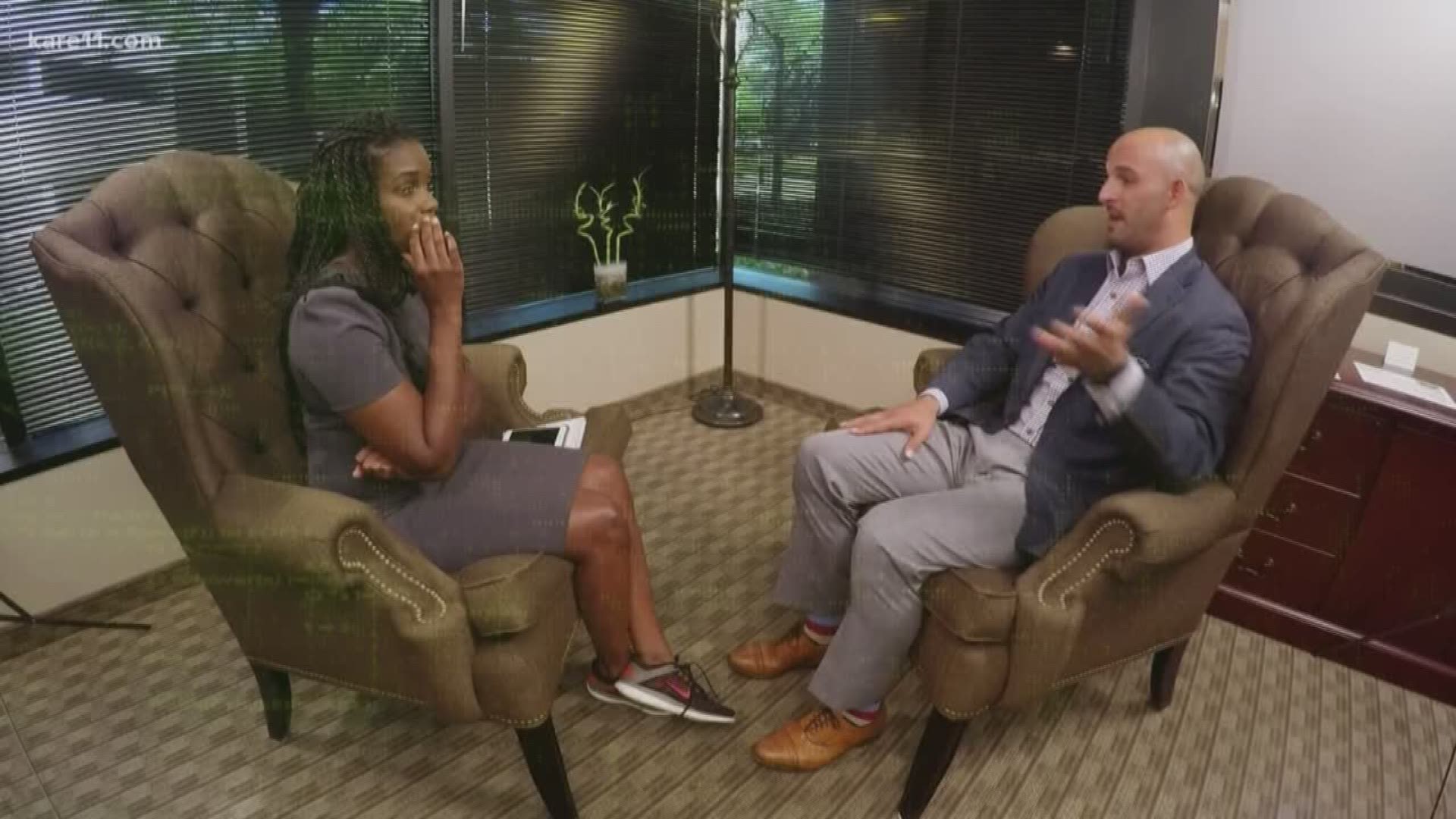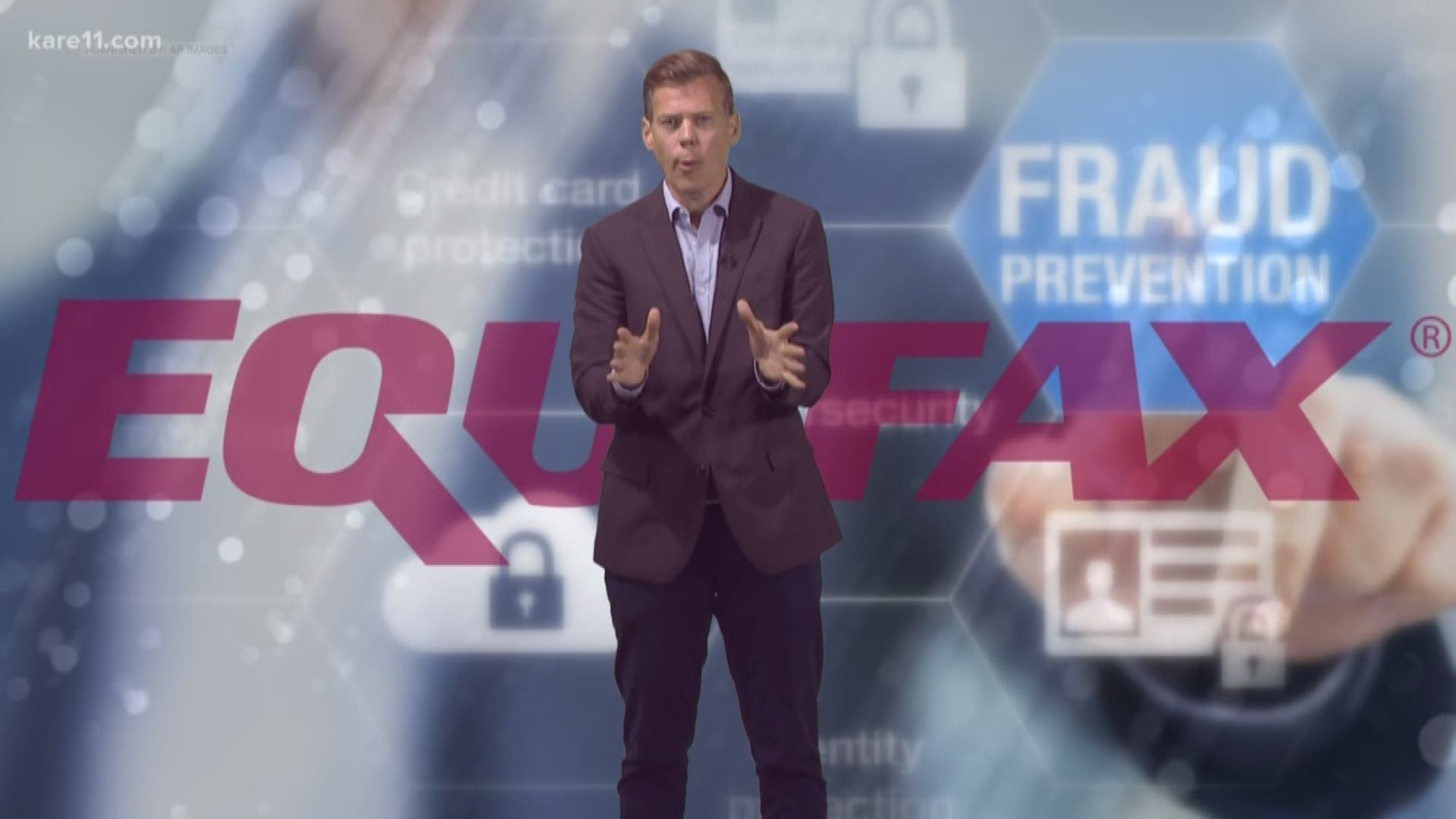RICHFIELD, Minn. — It is one of the largest data breaches ever of a major bank - this time Capital One.
Elijah Kovar is the lead financial adviser and partner with Great Waters.
"Financial hackers don't discriminate. That is the scary part. Somebody gets your social, they have your address and your phone number, your social or income estimates and they can take out a card in your name,” he said. “The thing is right now we need to be extremely careful with our information. I am a Capital One customer.”
Among the 100 million people affected in the United States and Canada, nearly 140,000 Social Security numbers were compromised, along with 80-thousand bank accounts and other data stolen by a hacker.
Capitol One says it will let you know if your data was affected “through a variety of channels,” but we don’t know what they are. Capital One is offering free credit monitoring and identity protection to people affected.
During the interim, Kovar says there are a number of things consumers can do. For example, he pays $25 a month for an identity theft protection service.
“If something happens to my identity, I am not concerned because I paid for a service that fixes it for me. They have a legal team that will take care of everything for me,” he said. “Another thing that people can do is freeze their credit. That is easy to do all through the website. For TransUnion, Equifax, Experian. Go right on their website. You can freeze your credit and un-freeze immediately if you need to purchase a car or take out a loan."
The service to freeze your credit is free following the Equifax data breach.
Kovar says bailing on the big banks, in exchange for sticking with smaller credit unions doesn’t necessarily reduce the chances of someone getting their hands on your information.
“The larger institutions may have more complex systems that are harder to hack. They have more money to spend on data security, so some people feel more secure with these types of systems verses a small union or bank,” he said. “The larger institutions are a bigger target. I would tend to think a larger institution might be more careful.”
Kovar said it is difficult to protect everything you have everywhere.
“The likelihood that sometime your information is compromised is very high,” he said. “I plan on having my identify comprised at some point in time. I hope it doesn't, but I am going to plan for the worst.”
RELATED: EQUIFAX DATA BREACH SETTLEMENT


